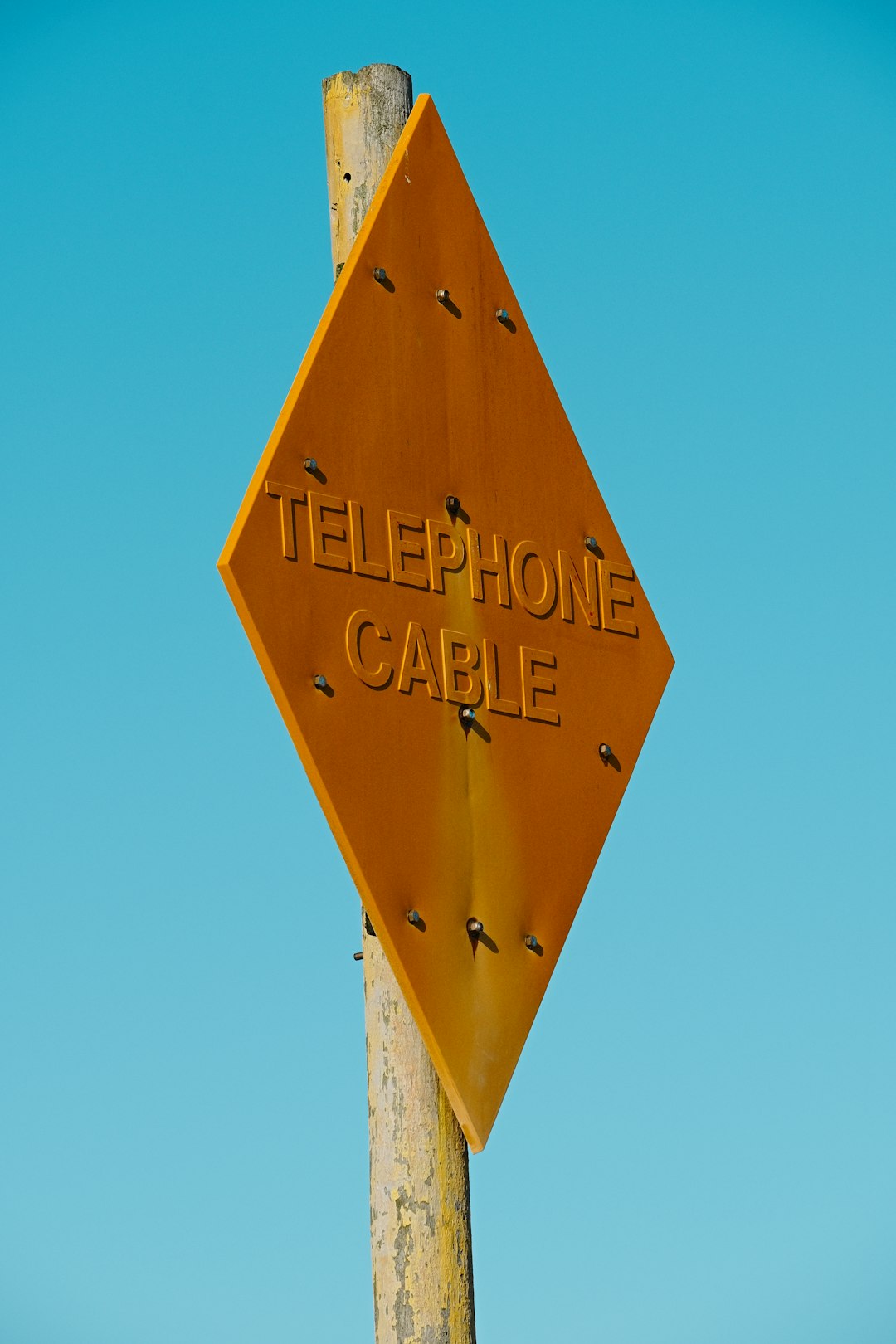Unwanted calls are a significant problem in San Diego, causing mental health issues among residents due to their frequent and aggressive nature. In response, California hosts specialized unwanted call law firms leveraging consumer protection laws to combat this nuisance. Victims have legal protections under the state's unwanted call law and can report harassment to these firms, which investigate and take action against perpetrators. Local organizations offer counseling services and legal aid programs, with community centers hosting workshops and awareness campaigns to inform affected individuals.
In San Diego, unwanted calls can be a pervasive and distressing issue, impacting individuals’ well-being. This article explores the various community resources available for victims of these persistent phone disturbances. We delve into legal protections offered by California’s Unwanted Call Law and provide practical support strategies. Understanding the impact and knowing where to turn is crucial in navigating this modern-day enigma. If you’re seeking a solution, consider reaching out to a local unwanted call law firm in California for expert guidance.
Understanding Unwanted Calls and Their Impact in San Diego

Unwanted calls, often characterized as telemarketing or robocalls, have become a pervasive issue in San Diego, impacting thousands of residents daily. These unsolicited phone communications can disrupt individuals’ peace and privacy, leaving many feeling harassed and frustrated. In California, where consumer protection laws are stringent, there’s a specific unwanted call law firm dedicated to addressing this growing problem.
The frequency and aggressive nature of these calls have significant consequences for victims. From causing stress and anxiety to disrupting daily routines, unwanted calls can negatively affect mental health and overall well-being. San Diego residents often find themselves in a constant state of vigilance, fearing the next nuisance call. This pervasive issue has prompted community efforts to raise awareness, provide support, and offer resources to combat this modern-day nuisance.
Legal Protections for Victims: The Unwanted Call Law in California

In California, victims of unwanted calls have legal protections in place thanks to the state’s unwanted call law. This legislation is designed to combat the growing issue of nuisance calls, which can cause significant distress and invade personal privacy. The unwanted call law firm in California plays a crucial role in enforcing these regulations and providing support to affected individuals.
If you’re experiencing unwanted phone calls, it’s important to know that you have rights. The unwanted call law prohibits certain types of telephone solicitation calls, including those made for marketing or sales purposes, without prior consent. Victims can take action by reporting the calls to a unwanted call law firm in California, which can then investigate and take appropriate measures against the perpetrators. These protections are essential in ensuring peace of mind and safety for San Diego residents facing persistent and harassing phone calls.
Accessible Community Resources to Support Affected Individuals

In San Diego, victims of unwanted calls have access to a range of community resources designed to support and empower them. Many local organizations, including non-profit groups and legal aid societies, offer assistance tailored to addressing the impact of persistent unwanted phone calls. These resources span from counseling services that help individuals cope with the emotional distress caused by harassment to legal aid programs that guide them through the process of seeking justice under California’s stringent unwanted call laws.
One notable option is to connect with a reputable unwanted call law firm in California. These specialized legal practices have extensive knowledge of state laws and can advise victims on their rights, file complaints, and even represent them in court if necessary. Additionally, community centers often host workshops and awareness campaigns focused on educating residents about unwanted calls and the available recourse, fostering an informed and supportive network for affected individuals.






